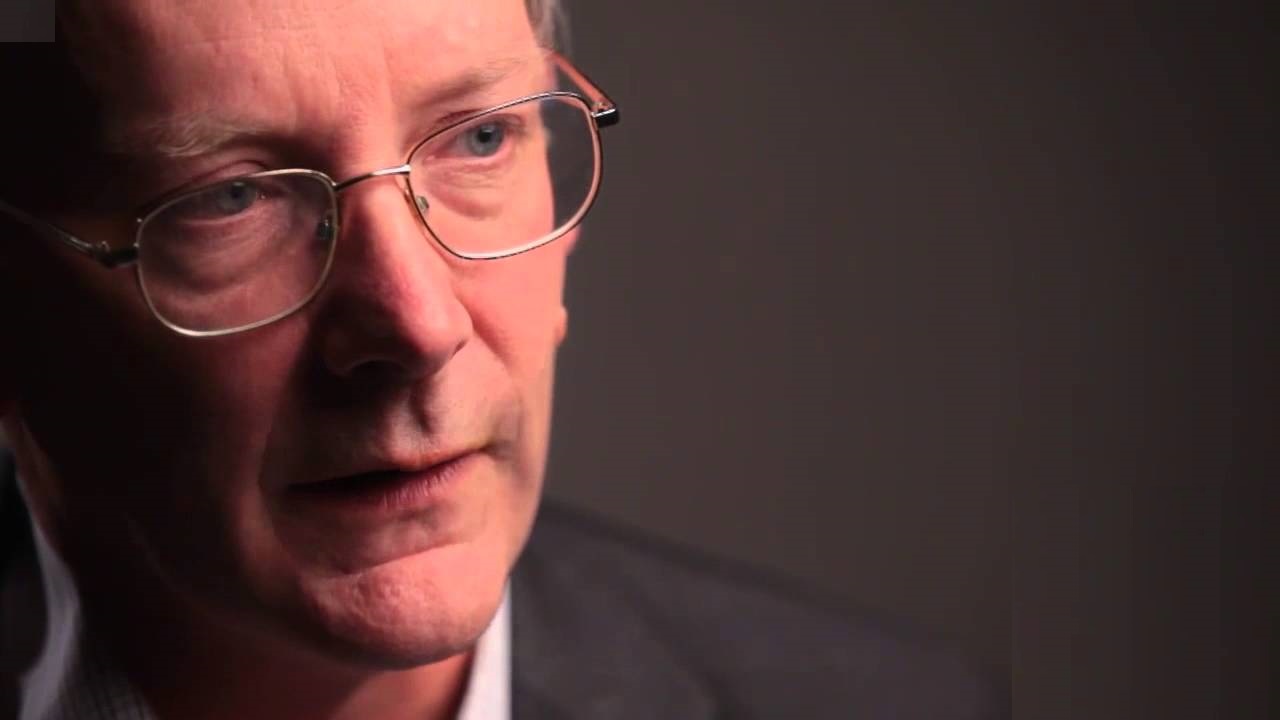Burntwood 2015 - Badgers, bees and biodiversity: can we really have evidence-based environmental policy?
The Burntwood Lecture, which takes place in November of each year, provides an opportunity for an eminent speaker to talk on a current, critical and often controversial environmental theme.
Our speaker Charles Jonathan Godfray CBE FRS is Hope Professor of Zoology at Jesus College Oxford University.

